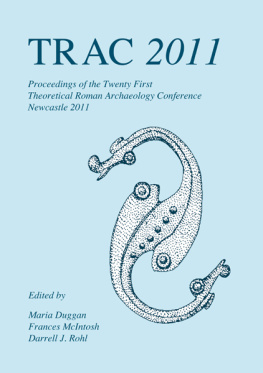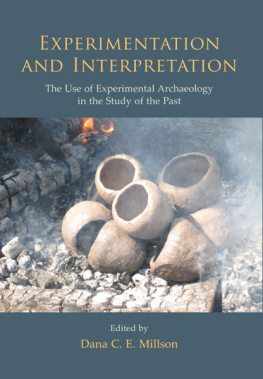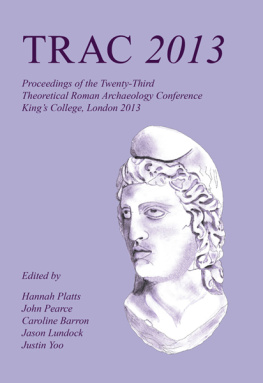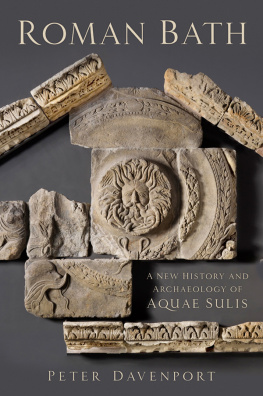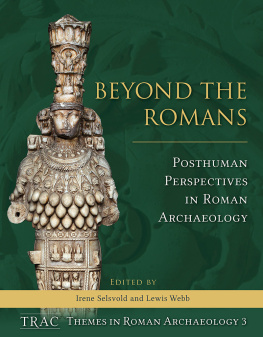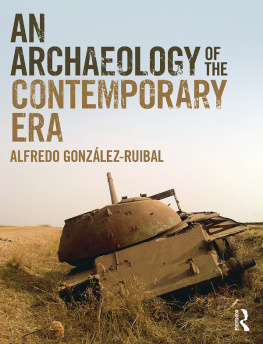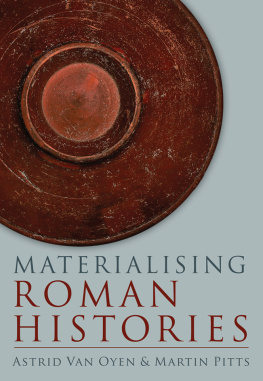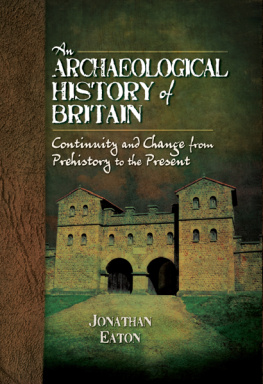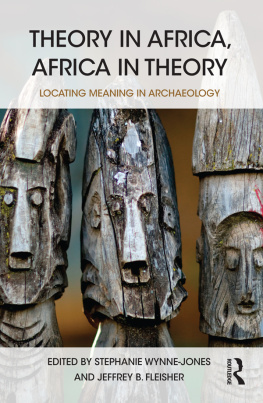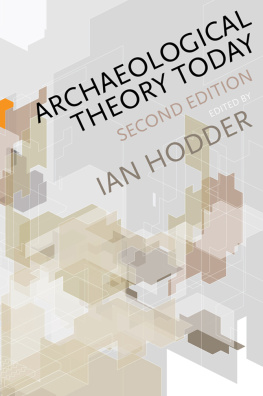Published by
Oxbow Books, Oxford, UK
TRAC and the individual authors, 2012
ISBN 978-1-84217-499-9
EPUB ISBN: XXXXXXXXXXXXX
This book is available direct from
Oxbow Books, Oxford, UK
(Phone: 01865-214249; Fax 01865-794449)
and
The David Brown Book Company
PO Box 511, Oakville, CT 06779, USA
(Phone: 860-945-9329; Fax 860-945-9468)
or from our website
www.oxbowbooks.com
A CIP record for this book is available from the British Library
Cover image: An un-enamelled dragonesque brooch (no. 3.131)
from Allason-Jones, L. and Miket, R. 1984, Catalogue of Small Finds from South Shields
Roman Fort, published by the Society of Antiquaries of Newcastle upon Tyne.
Printed in Great Britain by
Hobbs the Printers, Totton, Hampshire
Preface
The twenty-first Theoretical Roman Archaeology Conference (TRAC) was held in Newcastle upon Tyne, UK, between 1417 April 2011. The conference featured a rich array of sessionsfocusing on themes of identity, moved communities and diaspora, gender and masculinity, the Roman army, questions of theory in the works of R.G. Collingwood, Roman trade and consumption, anthropological archaeology approaches to Roman colonialism, and two general sessions loosely focused on matters of landscape and religionand drew postgraduate, established academic, and professional participants from across the UK, the European continent, the near east, and North America. The result was a lively and diverse extended weekend of discussion, debate, and fun.
While this was the twenty-first occurrence of TRAC, it was also the twentieth anniversary of the very first conference, itself held in Newcastle upon Tyne. For this reason we wanted to include some form of retrospective element to the conference and its proceedings, and inviting Eleanor ScottTRACs founderprovided perspective on how/if TRAC has changed over the years. Our thanks must go to Eleanor, and also to Professors Richard Hingley and Martin Millet, who ensured that Sunday mornings Retrospective Session was lively and useful in evaluating the on-going health of the conference. TRAC is often run by postgraduate students, and is quite rightly seen as a safe environment for postgraduates and early career researchers to present and test ideas, but it also needs to remain relevant in the wider world of Roman studies. Although it has come to provide a valuable opportunity for postgraduates, TRAC is not a postgraduate conference, and the continued attendance and input of established archaeologists remain vital to its endurance.
As well as looking back, the retrospective session was meant to prompt us to look forward, to debate how TRAC can continue to be a dynamic arena for new ideas, and how the volume can remain an appealing place for high-quality research to be published. We feel that this can be achieved, at least in part, by continuing the practice of having the papers for the volume reviewed prior to publication. We would also like to suggest that in each volume of TRAC proceedings, there should be a review of the previous volume. The volume is usually reviewed elsewhere, but having an internal review will allow TRAC to become reflective; to learn from mistakes and build on successes. Unfortunately, as this idea came late in the publication timetable, we have been unable to begin this with the current volume, but strongly encourage our successors to offer a critical review of this volume in TRAC 2012.
As others who have organised conferences like TRAC know very well, it is an arduous, involving, yet ultimately very rewarding process. Part of this process includes the selection of papers to include in the programme of sessions. A sign of TRACs popularity is the large number of abstracts received from our call for papers. Unfortunately, these exceeded the space and time available for the TRAC 2011 conference, and we had to carefully consider each abstract. A guiding principle in the selection was the degree to which each paper promised to engage with theory; abstracts that were completely devoid of theory were rejected, as we were committed to keeping the theoretical emphasis of the Theoretical Roman Archaeology Conference. In the end, we were very pleased with the standard of papers chosen for the conference.
As with the conference itself, the selection of papers for the present volume was difficult. We received fewer abstracts for this, and were disappointed that some of our favourite papers from the conference were not submitted, but still had to choose some papers over others. The final decision on which papers to include in the volume was ours alone, but we continued the practice set by our predecessors of having each submitted paper reviewed by experts in the field; thus, we received comments and publication recommendations from eminent Roman archaeologists. These commentsalong with our ownwere passed along to each author, and papers were improved and narrowed down to those presented here. The volume contains a total of ten papers, plus two specially requested contributions by Eleanor Scott and Lindsay Allason-Jones.
The degree to which each paper in this volume is theoretical may become a subject for debate. Some of the papers specifically focus on particular theoretical approaches, and may be considered explicitly theoretical in nature. Most, however, provide more practical application of theory in the context of Roman archaeology than in-depth consideration of the adopted theory itself. In our view, both types of paper provide proper engagement with theory for inclusion in a TRAC volume. These papers, we feel, broadly reflect the tone and themes of the conference. We may not always agree with the ideas or theories put forward in the papers, and they do not all represent definitive findings but, instead, on-going research. TRAC is, however, meant to be a place where new methodologies and theories can be proposed, as long as they are backed up with data, appropriate study, and critical analysis.
Eleanor Scotts introduction to this volume describes a particular success of TRAC in helping to provide an equal forum for male and female researchers. Her involvement in the conference and the publication has been both beneficial and revealing. In a meeting she casually asked the two female members of the editorial committee whether the papers in the volume were equally split by gender. That it had not occurred to us to query this is clearly testament to the changes in Roman archaeology since she organised the first conference; consideration of the attendance and participation at the recent TRAC conferences reveals its continuing egalitarian nature. Additionally, whilst the gender split in the 2012 Roman Archaeology Conference might not be exactly equal, it reflects the influence TRAC has had on the composition of mainstream Roman research.
Quite unintentionally, the papers presented at TRAC 2011, and those published in the volume, were from a roughly equal number of male and female researchers. However, the review panel for the volume was predominantly made up of male academics. This probably reflects inequalities in the structure of academia more than lingering sexism in the discipline, but also suggests that it might take time for the influence of TRAC to be reflected in the Roman archaeology establishment. Scotts introduction to the first proceedings described how female scholars who attempted to remain in Roman archaeology received no patronage, but have been merely patronised. That this is no longer the case isin parta product of twenty-one years of TRAC.
Following Scotts introduction,

